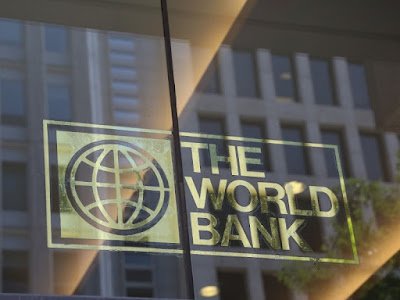According to World Bank Group’s ‘Doing Business Report’, it’s harder to do business in Nigeria now than it was a year ago, in 2015. The report revealed that although Nigeria climbed higher on the ease of doing business ladder, actual implementation and carrying out of business has irrespective of the rating become harder.
Nigeria, the largest economy in Africa as at 2015 ranked 170 of 189 countries with a score of 47.33 on ease of doing business, against scores from Singapore with 88.27 and Eritrea with 33.16.
Nigeria however in 2016 climbed up one spot to 169 but it’s ease of doing business score dropped to 44.69.
According to the report, Singapore maintains the leading score on ease of doing business with a DTF of 87.34, and Eritrea remained at the ladder’s foot with a scored of 27.61 as against the 33.16 from 2015.
Mauritius and Rwanda, respectively occupying the 32 and 62 positions on the ranking remain the best destination for business in Africa while Ghana occupies the top position in West Africa at 114 of 189 countries.
The World Bank, commenting on issues regarding doing business in Nigeria said: “Where informal construction is rampant, the public can suffer. Take the case of Nigeria, which lacks an approved building code setting the standards for construction,
“Without clear rules, enforcing even basic standards is a daunting task, and many buildings fail to comply with proper safety standards. Structural incidents have multiplied.
“According to the Nigerian Institute of Building, 84 buildings collapsed in the past 20 years, killing more than 400 people.”
The report continued that: “Industry is a core sector for the generation of national wealth and employment in Nigeria, but faced with an electricity sector hampered by poorly utilized generation capacity, high transmission losses and frequent outages, companies turn to self-provision of electricity.
“This raises their production costs, reducing their competitiveness and thus their demand for labour. The erratic and inadequate power supply in Nigeria has often been cited as the main reason forcing multinationals to relocate production lines to other countries. Power outages also affect output levels.”
World Bank, on reforms implemented so far added that: “Nigeria made transferring property in Lagos less costly by reducing fees for property transactions.
“Nigeria strengthened minority investor protections by requiring that related-party transactions be subject to external review and to approval by disinterested shareholders. This reform applies to both Kano and Lagos.”

Comments
Post a Comment